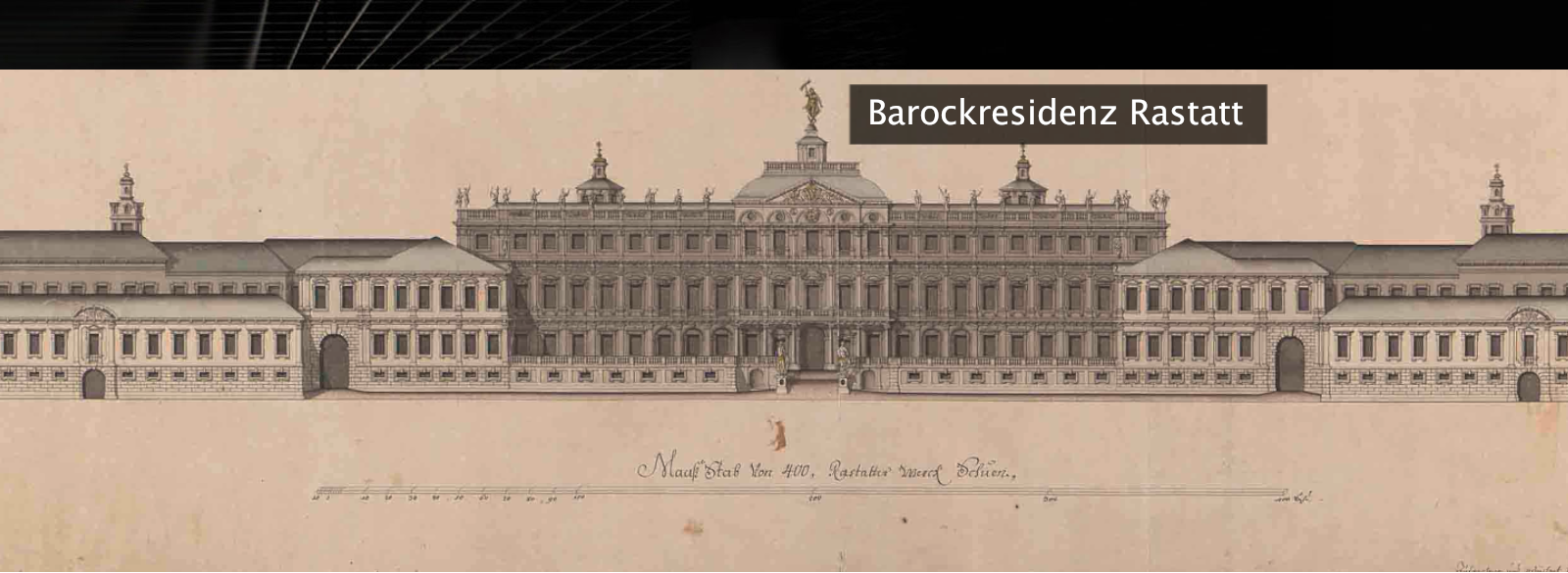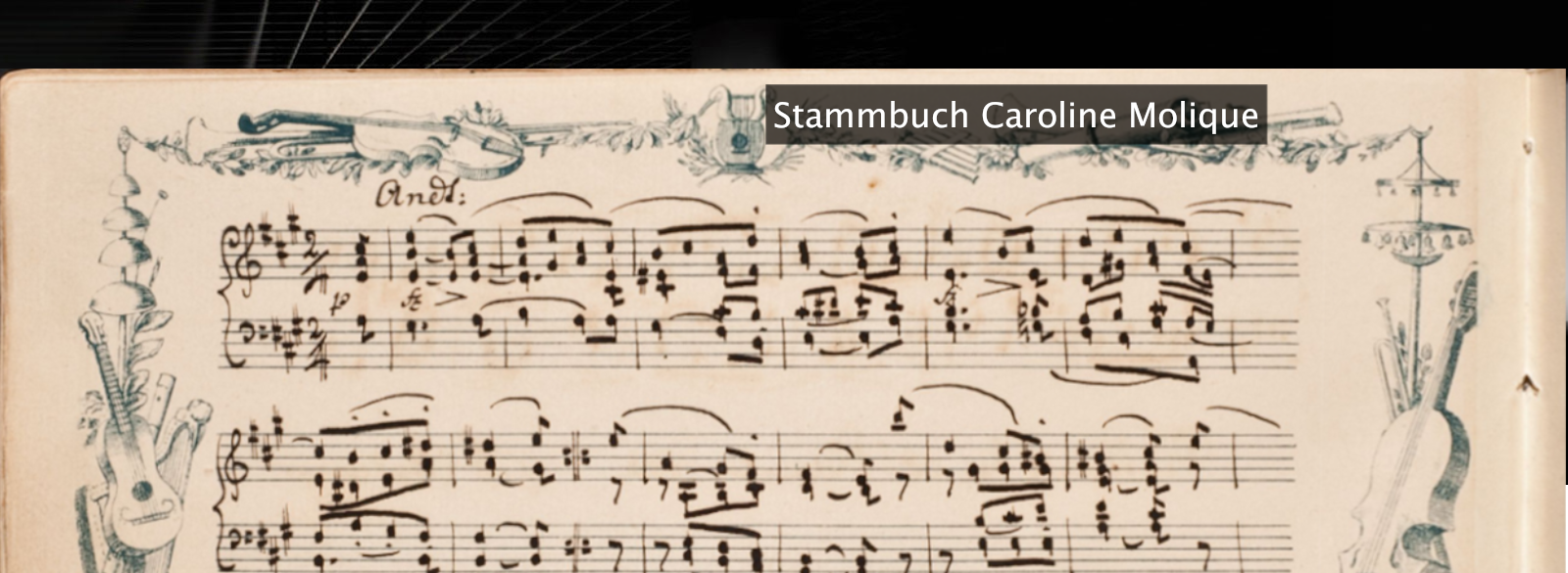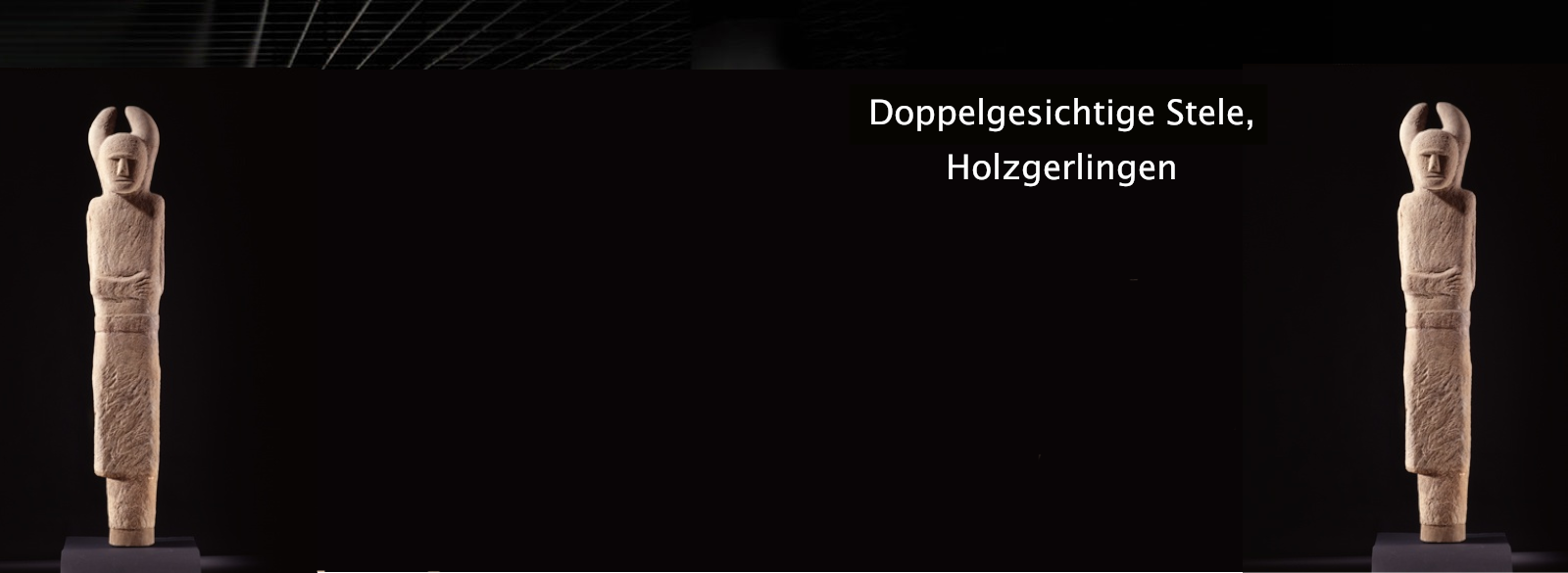Functional role of a polymorphism in the Pannexin1 gene in collageninduced platelet aggregation Filippo Molica, Sandrine Morel, Merlijn J. Meens, Jean-François Denis, Paul F. Bradfield, Silvia Penuela, Anne Zufferey, Hannah Monyer, Beat A. Imhof, Marc Chanson, Dale W. Laird, Pierre Fontana, Brenda R. Kwak
| Erscheinungsform: | Aufsatz |
| Autor/Urheber: | |
| Beteiligte: | |
| Umfang: | 11 |
| Anmerkungen: | Elektronische Reproduktion der Druck-Ausgabe
Gesehen am 12.06.2020 |
| Identifikatoren/Sonstige Nummern: | 1700517155 [PPN] |
| In: | Stuttgart : Thieme, 1976 114(2015), 08, Seite 325-336 volume:114 year:2015 number:08 pages:325-336 extent:11 |
| Inhalt: | - <p>Pannexin1 (Panx1) forms ATP channels that play a critical role in the immune response by reinforcing purinergic signal amplification in the immune synapse. Platelets express Panx1 and given the importance of ATP release in platelets, we investigated Panx1 function in platelet aggregation and the potential impact of genetic polymorphisms on Panx1 channels. We show here that Panx1 forms ATP release channels in human platelets and that inhibiting Panx1 channel function with probenecid, mefloquine or specific <sup>10</sup>Panx1 peptides reduces collagen-induced platelet aggregation but not the response induced by arachidonic acid or ADP. These results were confirmed using <i>Panx1<sup>-/-</sup> </i> platelets. Natural variations have been described in the human Panx1 gene, which are predicted to induce non-conservative amino acid substitutions in its coding sequence. Healthy subjects homozygous for <i>Panx1-400C</i>, display enhanced platelet reactivity in response to collagen compared with those bearing the <i>Panx1-400A</i> allele. Conversely, the frequency of <i>Panx1-400C</i> homozygotes was increased among cardiovascular patients with hyper-reactive platelets compared with patients with hypo-reactive platelets. Exogenous expression of polymorphic Panx1 channels in a Panx-deficient cell line revealed increased basal and stimulated ATP release from cells transfected with <i>Panx1-400C</i> channels compared with <i>Panx1-400A</i> expressing transfectants. In conclusion, we demonstrate a specific role for Panx1 channels in the signalling pathway leading to collagen-induced platelet aggregation. Our study further identifies for the first time an association between a <i>Panx1-400A>C</i> genetic polymorphism and collagen-induced platelet reactivity. The <i>Panx1-400C</i> variant encodes for a gain-of-function channel that may adversely affect atherothrombosis by specifically enhancing collagen-induced ATP release and platelet aggregation.</p>
|
| URL: | https://doi.org/10.1160/TH14-11-0981 |
| Weiter im Partnersystem: | https://swb.bsz-bw.de/DB=2.1/PPNSET?PPN=1700517155 |
















 leobw
leobw